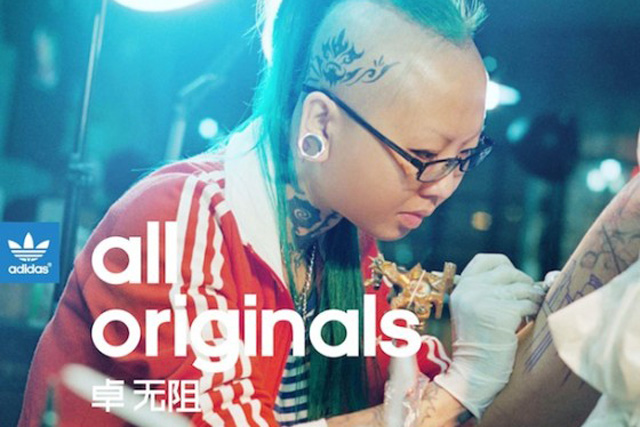The one-child policy in China has now grown up, creating a new generation where only children are having only children – One Child Policy 2.0.
Initiated in 1979, and fully implemented in the early 80s, the one child policy limited most families to one child, creating a historically unique social experiment that had an enormous impact on Chinese society. For brands focussed on the emerging opportunities of China, capturing the effect of the one-child policy as it goes inter-generational is a key to success in the Middle Kingdom.
As a result of the One Child Policy, we now see girls who have grown up as boys, mums who do not want to be mums, and men faced with a dating scene lacking enough women. Prodigal sons have given way to prodigal daughters. Daughters raised as sons, who enjoyed the same access to resources and education, have become women who do not accept traditional patriarchal norms of Chinese society.
This dynamic created by a new generation of "only children" offers interesting challenges and opportunities for brands.
In major cities like Shanghai, they can be seen challenging gender norms through their fashion and style choices – making the "toy boy, androgenous" look a popular statement for these women. In terms of brands, they baulk at anything that suggests men are superior, and rejoice in office heroines who make men around them look stupid.
Adidas Originals has celebrated the spirit of the "toyboyism" in a new online campaign featuring female punk singer Kang Mao and a female tattoo artist – both boldy attacking gender stereotypes.
Another notable impact of the children of the one-child generation is the emergence of the "boutique mum". Used to being spoilt as children, young women in China find it very confronting to summon up the selflessness needed be mothers.
To the rescue are four doting grandparents who are more than happy to step-in as full time "grand-parents". Happy with this scenario, young mothers continue their careers with the knowledge that it is not possible to have another child, maintaining and enhancing their consumptions of beauty and luxury products – a reward they receive for providing the family with a child to continue the family line.
As a result, emotive campaigns about the nurturing role of a mother are "out" in China. Communications focussed on the mother as a modern role model to their children at an older age are "in" – this is when Chinese women tend to take on the role of mothering, a contrast to the West.
Also, the One Child Policy has created a gender imbalance – more boys and less girls due to traditional desire for a son. This has directly impacted the marriage market, meaning young women can be more picky and demanding in terms of their husband.
As a result Chinese masculinity has taken a hit, creating male insecurities about how they present themselves. The result is the development of a massive male grooming category in China that has emerged in the last three to five years. Metro-sexualism is more than a passing trend in China: it has become a mode of survival for young men due to the scarcity of women.
Being an only child is a normal occurrence, but when an entire generation has grown up as only children this has a massive impact on society. Brands with ambitions in China must be conscious to address this dynamic.


